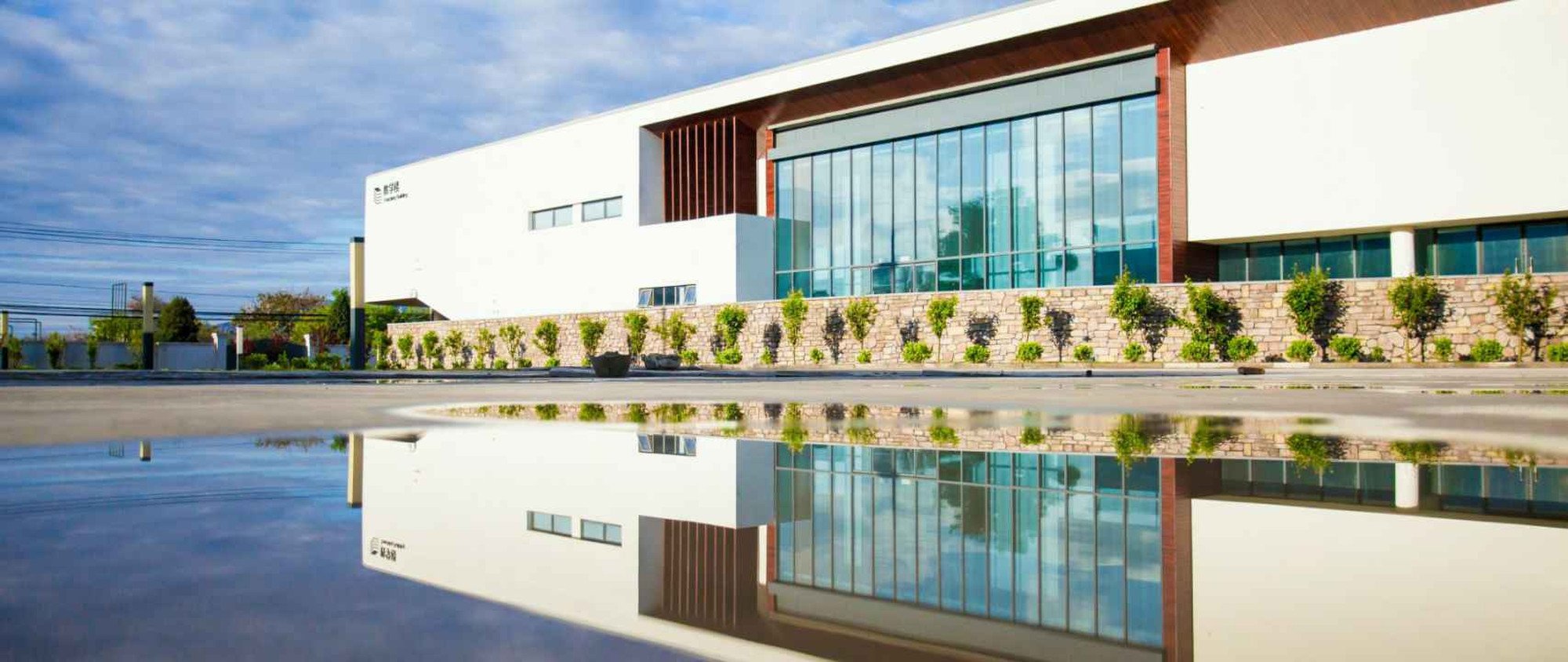
Rising Trend of Mainland Students Taking Hong Kong's University Entrance Exams
An increasing number of students from mainland China are choosing to take the Hong Kong Diploma of Secondary Education (DSE) exam, which serves as a gateway for higher education in Hong Kong and other international institutions. This trend has led to the emergence of numerous schools offering the DSE curriculum across five major Chinese cities and provinces: Guangdong, Beijing, Shanghai, Jiangsu, and Zhejiang.
These schools often charge high tuition fees, with some exceeding 300,000 yuan per year. For instance, Yew Chung International School in Beijing charges an annual tuition of 334,000 yuan, along with additional fees for transport, meals, uniforms, and extracurricular activities. A non-refundable application fee of 2,500 yuan is also required before the admissions process begins.
While the most expensive schools can cost over 300,000 yuan annually, many others charge around 150,000 yuan, with some more affordable options starting at 120,000 yuan. The International Courses Jialian Campus of Beijing No 4 High School, for example, charges 200,000 yuan in tuition, plus a 38,000 yuan boarding fee and daily meal costs of 80 yuan.
The high costs are justified by school administrators who emphasize that these fees cover operational expenses and teacher salaries. Xia Chengfu, the academic principal of the Jialian Campus, noted that most of the tuition goes toward paying teachers, many of whom are recruited from Hong Kong. These educators must have graduated from top universities such as the University of Hong Kong or the Chinese University of Hong Kong and hold high scores in their respective subjects.
Parents are often willing to invest heavily in their children’s education, believing that the DSE offers a broader range of opportunities. "Many parents still believe the DSE is a cost-efficient option because of its wide pathway, and students can land better universities [with similar academic levels]," Xia said. He added that families who can afford such expenses are typically well-resourced and less concerned about the financial burden.
Beacon College, a Hong Kong-based tutoring center, operates a private high school in Shenzhen and charges 200,000 yuan annually in tuition. According to June Leung Ho-ki, the chairwoman of Beacon, most of the fees go toward teacher salaries, with some allocated for teaching research. Teachers at Beacon reportedly earn an average monthly salary of HK$50,000, significantly higher than the capped salary of HK$49,230 for degree-holding high school teachers in Hong Kong.
Leung also highlighted that most of the teachers come from top Hong Kong universities, with some holding master's degrees. Beacon currently generates about 20% of its revenue from its DSE business on the mainland, with plans to increase this to 30–40% in the next two years.
Among the 68 schools offering the DSE curriculum, four are designated institutions approved by Hong Kong’s exam authorities. These schools allow their students to sit the exams as day school candidates, while students at other schools can only register as private candidates.
The tuition fees for these designated schools are comparable to those of other private institutions. The Affiliated School of JNU for Hong Kong and Macau Students in Guangzhou charges 172,000 yuan annually, followed by Minxin Hong Kong School at 153,000 yuan. The other two designated schools charge around 130,000 yuan each year.
Leung Chun-ying, former Hong Kong leader and chairman of the Minxin Hong Kong School board, explained that the school does not receive government subsidies and must rely entirely on tuition and other fees to cover its operational costs. Since its founding in 2022, the school has operated on a break-even basis or with a small surplus. Leung emphasized that the school does not expect government support, as it remains financially viable.
This growing trend of mainland students pursuing the DSE exam reflects a broader shift in educational aspirations, with families seeking access to global opportunities through Hong Kong’s academic system. As more schools adopt the DSE curriculum, the demand for high-quality education continues to rise, driving up costs and reshaping the landscape of cross-border education.
